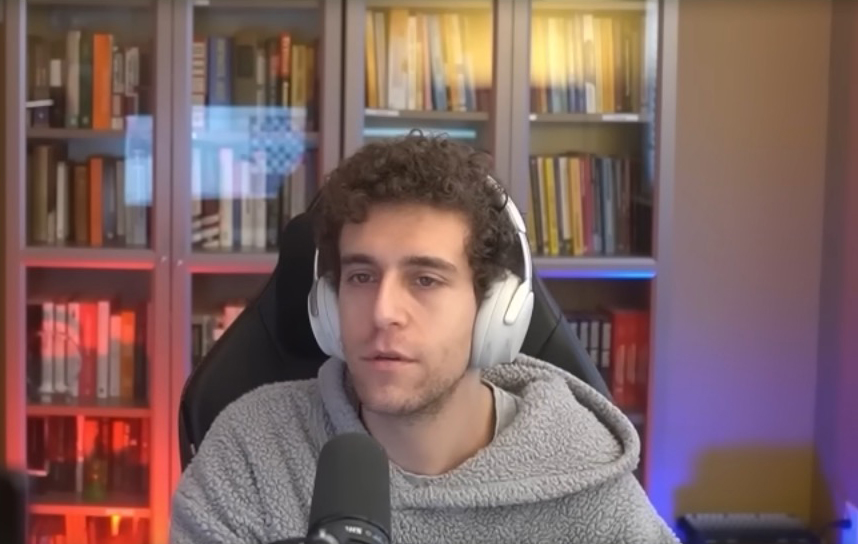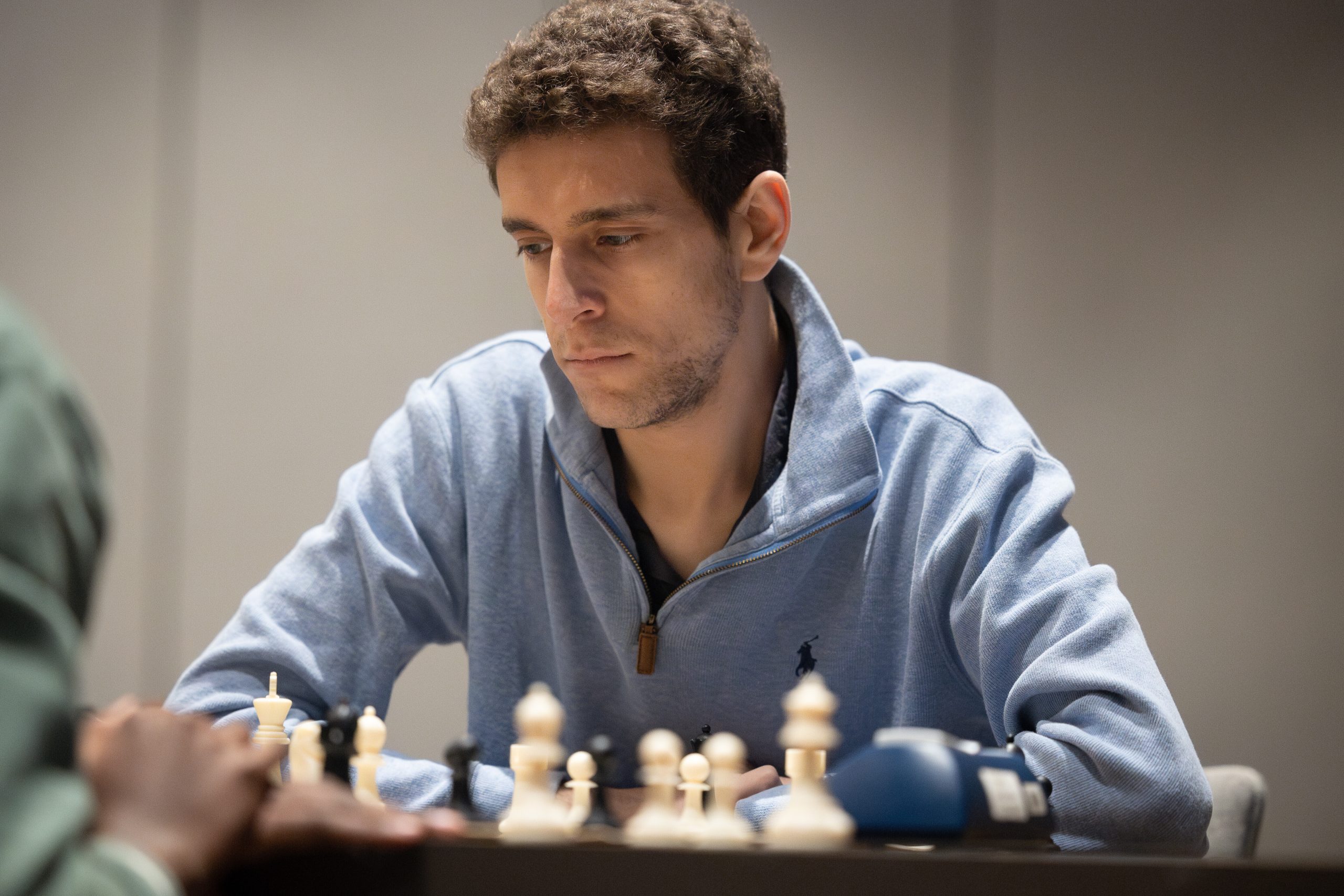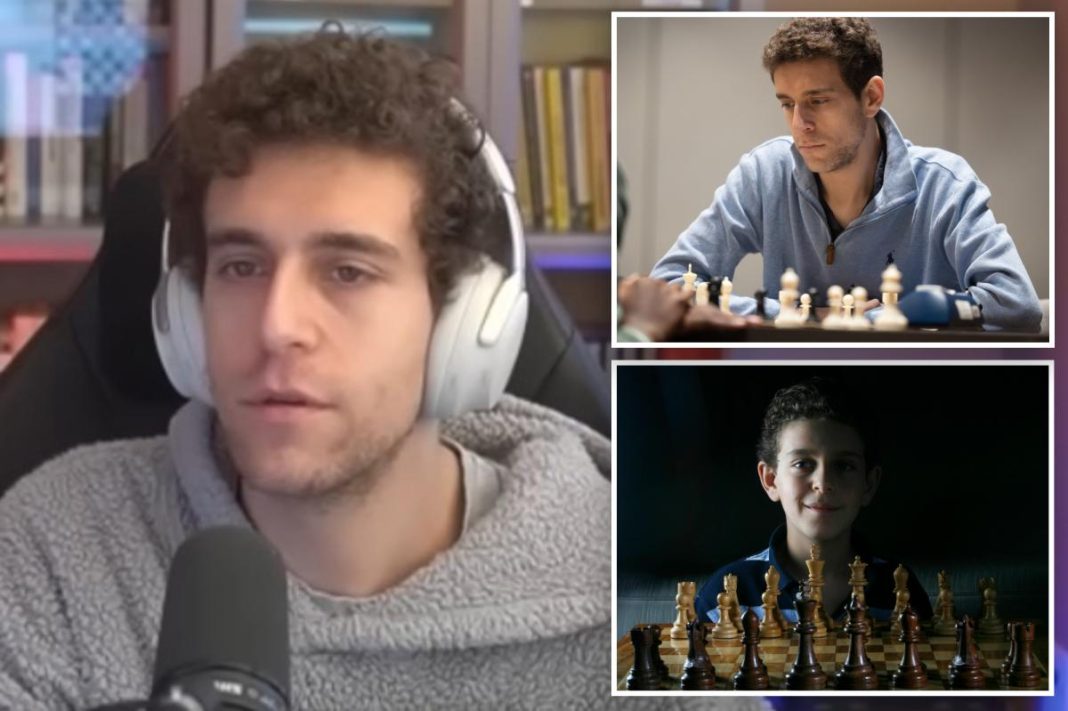Tragic Passing of Chess Prodigy Daniel Naroditsky: A Last Stream of Words
In an unsettling twist of fate, the chess world lost one of its brightest stars, Daniel Naroditsky, at the young age of 29. Just days before his untimely death, Naroditsky shared a final livestream that left viewers concerned and puzzled. The video, which aired on October 17, displayed an alarming demeanor as he grappled with unfounded cheating allegations directed towards him. The intensity of his situation became evident as he appeared gaunt, distracted, and at times, incoherent during the broadcast. His struggle was not just with the chess pieces on the board but also with the invisible demons of self-doubt and societal pressure, which are often exacerbated in high-stakes environments.
A Controversial Background
The backdrop to Naroditsky’s final livestream was a public feud with former Russian world champion Vladimir Kramnik. Kramnik had recently made accusations of cheating against Naroditsky, creating a storm of controversy that engulfed the chess community. This was not merely an isolated incident; it reflected a broader trend within the chess world where accusations of dishonesty can swiftly tarnish an individual’s reputation. Naroditsky, a prominent figure in chess who had cultivated a reputation for his skills and sportsmanship, vehemently denied these claims, expressing his frustration over the negative assumptions following his successful performances. In his last stream, he lamented, “Ever since the Kramnik stuff, I feel like if I start doing well, people assume the worst of intentions.” This statement encapsulated the emotional turmoil that many athletes face, wherein their achievements are often overshadowed by skepticism and doubt.

The Final Moments
During this fateful livestream, Naroditsky’s demeanor was troubling. He seemed to be grappling with not only his thoughts but also with the implication of his situation. His voice faltered at times, resonating with a sense of resignation. At one point, after reading a comment from a viewer regarding the ongoing cheating allegations, he predicted, “This will not be the last time he faces criticism or trolling.” Responding to this, he remarked, “Oh, it actually will be,” leaving many to interpret this as a foreboding farewell. The lingering silence that followed highlighted the weight of his words, drawing attention to the mental strain that athletes often endure in the public eye. It was a moment that many viewers would later reflect upon, questioning whether they had witnessed a tragic premonition or simply a fleeting expression of frustration.
Concerns Surrounding His Death
Just days after this poignant livestream, Daniel Naroditsky was pronounced dead, with the announcement made jointly by his family and chess club. The specific cause of death remains undisclosed, as the Charlotte-Mecklenburg Police Department (CMPD) continues to investigate the circumstances. In a statement to the public, a CMPD spokesperson confirmed, “We cannot comment or speculate as this is an active investigation,” adding to the mystery surrounding his passing. The ambiguity surrounding his death has left many fans and fellow chess players in a state of shock, prompting discussions about the mental health challenges faced by professional athletes. How much of a toll can the pressures of performance, public scrutiny, and personal integrity take on an individual? These are questions that linger, forcing the chess community to confront a harsh reality about the psychological vulnerabilities that can accompany high-level competition.

Community Reactions and Legacy
The chess community has reacted with an outpouring of grief and shock, reflecting on Naroditsky’s contributions to the game. His chess journey began in the Bay Area, where he picked up the game at just six years old. By the age of 12, he had already made his mark on the global stage, winning the Under 12 section of the World Youth Chess Championship in 2007. This early success was more than just a personal achievement; it signified the emergence of a prodigious talent that would captivate audiences for years to come. In 2013, he clinched the US Junior Championship and achieved the title of Grandmaster later that same year, establishing himself as a formidable presence in the chess arena. His charisma, combined with his exceptional skills, made him a beloved figure among fans and fellow players alike.
Achievements and Contributions
Throughout his career, Naroditsky competed in numerous US chess championships, consistently ranking among the top players worldwide. His remarkable talent was not just limited to playing; he also made significant contributions to chess literature as an author, penning two significant works, “Mastering Positional Chess” in 2010 and “Mastering Complex Endgames” in 2014. These books not only showcased his deep understanding of the game but also served as educational resources for aspiring players. This dual role as both a competitor and educator made him a beloved figure in the chess community, and his sudden departure leaves a profound void. His contributions extended beyond mere accolades; he inspired countless young players to pursue their passion for chess, leaving an indelible mark on the next generation.
Final Thoughts
As Daniel Naroditsky’s story unfolds in the wake of his tragic death, the chess world is left to grapple with questions of mental health, the pressures of public scrutiny, and the impact of unfounded allegations. His final livestream serves as a haunting reminder of the fragility of life, highlighting the need for empathy and understanding within competitive spaces. It raises critical discussions about the support systems available for athletes, particularly when they face personal crises in the spotlight. Naroditsky’s legacy will endure, not only through his numerous contributions to the game but also as a cautionary tale about the pressures faced by those in the limelight. In the end, while the chessboard may remain, the player whose moves inspired so many will be deeply missed. His story urges a collective reflection on how we can better support individuals navigating the complexities of fame and competition, ensuring that no other talent is lost to the silent battles that remain unseen.

















